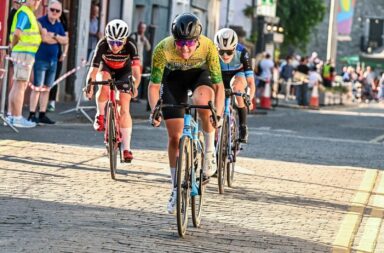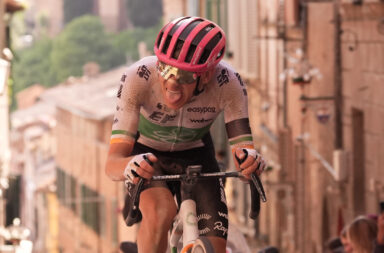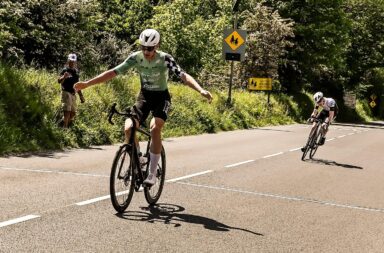
Bradley Wiggins has said when he condemned Lance Armstrong for his drug-taking – after he was fully exposed in 2012 and confessed in 2013 – he was told what to say by Team Sky and now regretted it.
Wiggins has struggled in retirement, including being declared bankrupt, and said recently he also developed a serious cocaine addiction, which worried his son so much he feared he may die.
However, he says he is well on the road to recovery and has also grown closer to Armstrong of late. He has credited the American – banned from cycling for life for drug-taking – with helping him to recover after his recent issues.
He has visited him in the United States and appeared on his podcast, saying last week Armstrong had help him get through his substance abuse, as he did with fellow Tour winner, the German rider Jan Ullrich.
“He’d been through a similar thing with Jan,” Wiggins last week said of Armstrong. “They’d try and get hold of me, but couldn’t find where I was. My son speaks to Lance a lot. He’d ask my son, ‘How’s your Dad?’ Ben would say, ‘I’ve not heard from him for a couple of weeks, I know he’s living in a hotel.’
Now, speaking to the Cyclist magazine podcast, Wiggins said he regretted saying what he did about Armstrong when, as reigning 2012 Tour champion, he pointed out Armstrong had denied him a place on the podium at the 2009 Tour, where he finished 4th, one place behind the American.
“I had to do all the interviews and things around it, and there was all that I was told what to say,” he said of being thrust into the media to respond to the Armstrong revelations. “I was told what to say about Lance Armstrong, in terms of my opinion and stuff. And that was one of my main regrets… I wish I’d just said what I thought.
“It was hard, you know, because I was representing Sky. I had to say everything that they wanted me to say on that issue. And I wish I’d have been able to have my own voice on that.”
He also pointed the finger at the media, saying many people working in the sector knew Armstrong was taking performance enhancing drugs yet acted surprised when the drug taking was exposed.
In 2013 Armstrong confessed to the full extent of his doping during a TV interview with Oprah Winfrey. The previous August he had been stripped of his seven Tour de France wins and banned from cycling for life by the United States Anti-Doping Agency (USADA).
“I think there was a lot of hypocrisy in the media, a lot that media knew what he was doing,” Wiggins said of what he clearly sees as feigned shock by people in journalism when Armstrong was effectively caught.
“And people were sat there dumbfounded that ‘really, he took all this stuff?’ And people knew what was happening. They knew what was happening across the sport. You know, it was a pandemic in the sport in that sense.”


